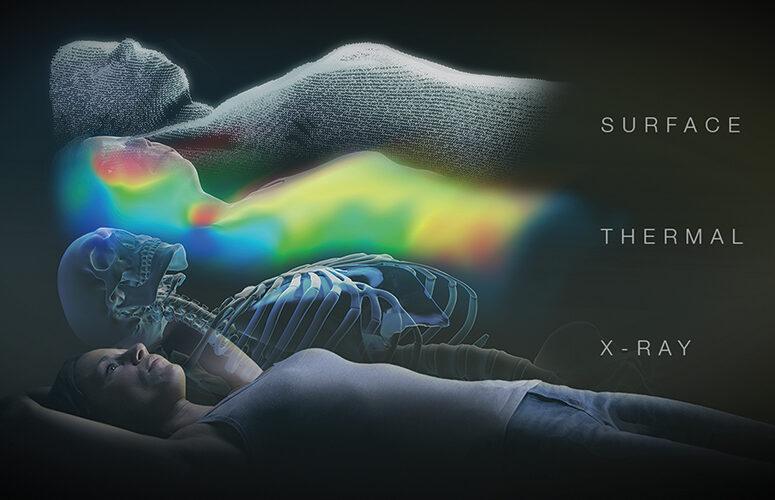
Clinical Genomics Celebrates Ten Years of Innovation
On Sep 30, 2016Clinical Genomics, a private company developing innovative diagnostic tools for colorectal cancer, marks a decade of discovery and innovation as it celebrates its tenth anniversary. Since establishment, the company has made significant contributions to the field of colorectal cancer (CRC) diagnosis and monitoring including establishing proof of concept for a novel two-gene circulating tumor DNA (ctDNA) blood test for post-surgical monitoring of CRC recurrence.
Clinical Genomics was founded by the leadership team from Enterix, the company that successfully developed and commercialized the innovative InSure® brush-based Fecal Immunochemical Test (FIT) in the United States and Australia. The founders sold Enterix to Quest Diagnostics in 2006 and later re-acquired the company in 2013.
In 2010 Clinical Genomics demonstrated initial proof of concept for a two-gene assay that could detect CRC recurrence using a simple blood test. Data supporting the validity of the technology in more than 3,400 patients were published in several peer-reviewed journals in 2015.
“Clinical Genomics was founded ten years ago with the premise that we had the potential to identify biomarkers that could provide a better understanding of CRC disease at the molecular level,” said Lawrence LaPointe, Ph.D., President and CEO of Clinical Genomics. “As we enter our second decade, we are poised to launch a two-gene circulating tumor DNA blood test for post-surgical monitoring of colorectal cancer that we believe will support earlier clinical intervention and improved patient outcomes.”
Today, Clinical Genomics has 20 active and pending patents and 75 talented and dedicated employees at its facilities in the United States and Australia. The company recently established its U.S.-based molecular diagnostic laboratory in Bridgewater, N.J. and expects to make its two-gene ctDNA blood test for post-surgical monitoring of CRC recurrence available by the end of 2016. The test measures the presence BCAT1 and IKZF1 gene methylation, a chemical modification associated with tumor growth and invasion.
Dr. LaPointe added: “Clinical Genomics is backed by rigorous science, decades of commercialization expertise and the financial resources to realize both the clinical and commercial value of our ctDNA assay for CRC recurrence. It is gratifying to end our first decade strongly positioned to improve CRC outcomes, and we intend to carry this momentum forward and aggressively execute against our clinical and business objectives. On this important anniversary, I would like to extend a special thank you to all of our team members and recognize that many have been with us for a significant part of our history. Without their hard work and daily focus on saving lives, we would not be where we are today.”
Related Articles:





